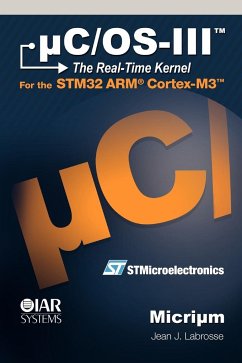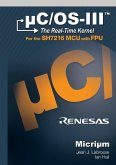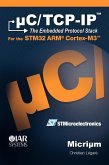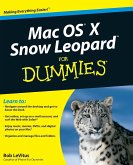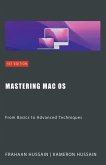This book puts the spotlight on how a real-time kernel works. Using Micrium's µC/OS-III as a reference, the book consists of two complete parts. The first describes real-time kernels in generic terms. Part II provides examples to the reader, using STMicroelectronics' STM32F107 microcontroller, based on the popular ARM Cortex-M3 architecture. A companion evaluation board ***NOT INCLUDED, but available through Micrium*** (µC/Eval-STM32F107), and tools (IAR Systems Embedded Workbench for ARM), enable the reader to be up and running quickly, and have an amazing hands-on experience, leading to a high level of proficiency. This book is written for serious embedded systems programmers, consultants, hobbyists, and students interested in understanding the inner workings of a real-time kernel. µC/OS-III is not just a great learning platform, but also a full commercial-grade software package, ready to be part of a wide range of products. µC/OS-III is a highly portable, ROMable, scalable, preemptive real-time, multitasking kernel designed specifically to address the demanding requirements of today's embedded systems. µC/OS-III is the successor to the highly popular µC/OS-II real-time kernel but can use most of µC/OS-II's ports with minor modifications. Some of the features of µC/OS-III are: Preemptive multitasking with round-robin scheduling of tasks at the same priority Supports an unlimited number of tasks and other kernel objects Rich set of services: semaphores, mutual exclusion semaphores with full priority inheritance, event flags, message queues, timers, fixed-size memory block management, and more Built-in performance measurements About the Author Jean Labrosse founded Micrium in 1999. He is a regular speaker at the Embedded Systems Conference in Boston and Silicon Valley, and other industry conferences. Author of two definitive books on embedded design: MicroC/OS-II, The Real-Time Kernel and Embedded Systems Building Blocks, Complete and Ready-to-Use Modules in C, he holds BSEE and MSEE from the University of Sherbrooke, Quebec, Canada.
Hinweis: Dieser Artikel kann nur an eine deutsche Lieferadresse ausgeliefert werden.
Hinweis: Dieser Artikel kann nur an eine deutsche Lieferadresse ausgeliefert werden.

